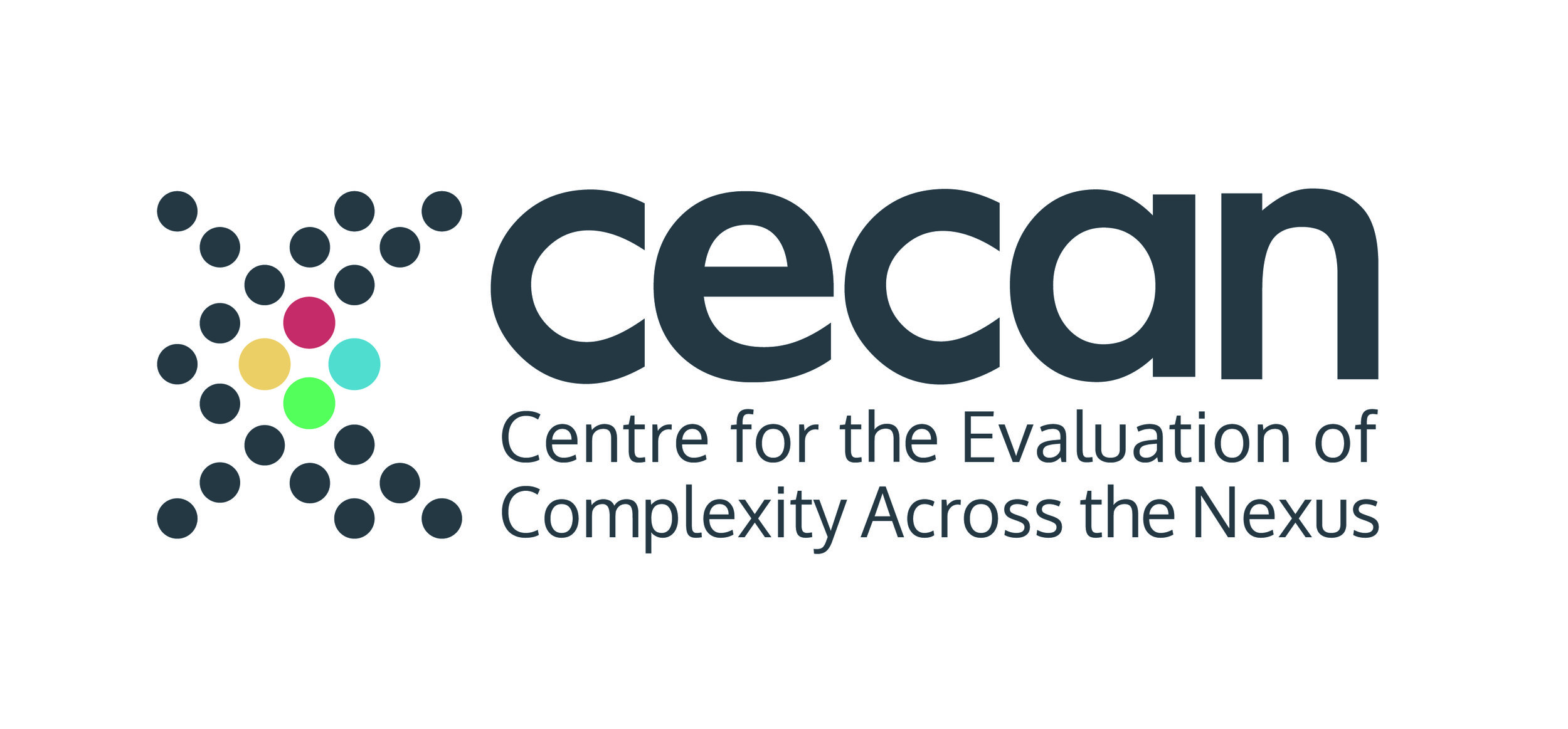CECAN (the Centre for Evaluation of Complexity across the Nexus, based at the University of Surrey, has published the final report of CEP’s meta-evaluation study of 23 selected evaluation projects we have undertaken relating to Nexus issues – water, environment, food, energy – over the last 10 years.
The full report – Learning lessons for evaluating complexity across the nexus: a meta-evaluation of CEP projects – is available here.
We evaluated the evaluation approaches and findings from a range of case studies – national and EU policy level down to programme level policy interventions and other initiatives – and sought to address three aims:
1. To learn the lessons from past policy evaluations;
2. To understand the factors that support or inhibit (barriers or enablers to) successful evaluations: and
3. To explore the value of different types of approaches and methods used for evaluating complexity
An important finding was the extent to which the contexts for evaluations at the EU level and UK levels differ: a very strong policy cycle exists for EU evaluations, which creates a more rigid framework for monitoring and evaluation, compared to the much greater degree of policy flux in the UK, and the resulting need for greater flexibility in the way in which evaluations are undertaken, and hence the greater utility of qualitative data collection and analysis methods.
Consequently the use or influence of evaluations in policy making differs considerably – there is much more instrumental (direct) use of EU evaluations compared to more conceptual or process (indirect) use of UK evaluations.
For further information contact Dr Bill Sheate or Dr Clare Twigger-Ross
The key findings from the study are summarised in the infographic below:


